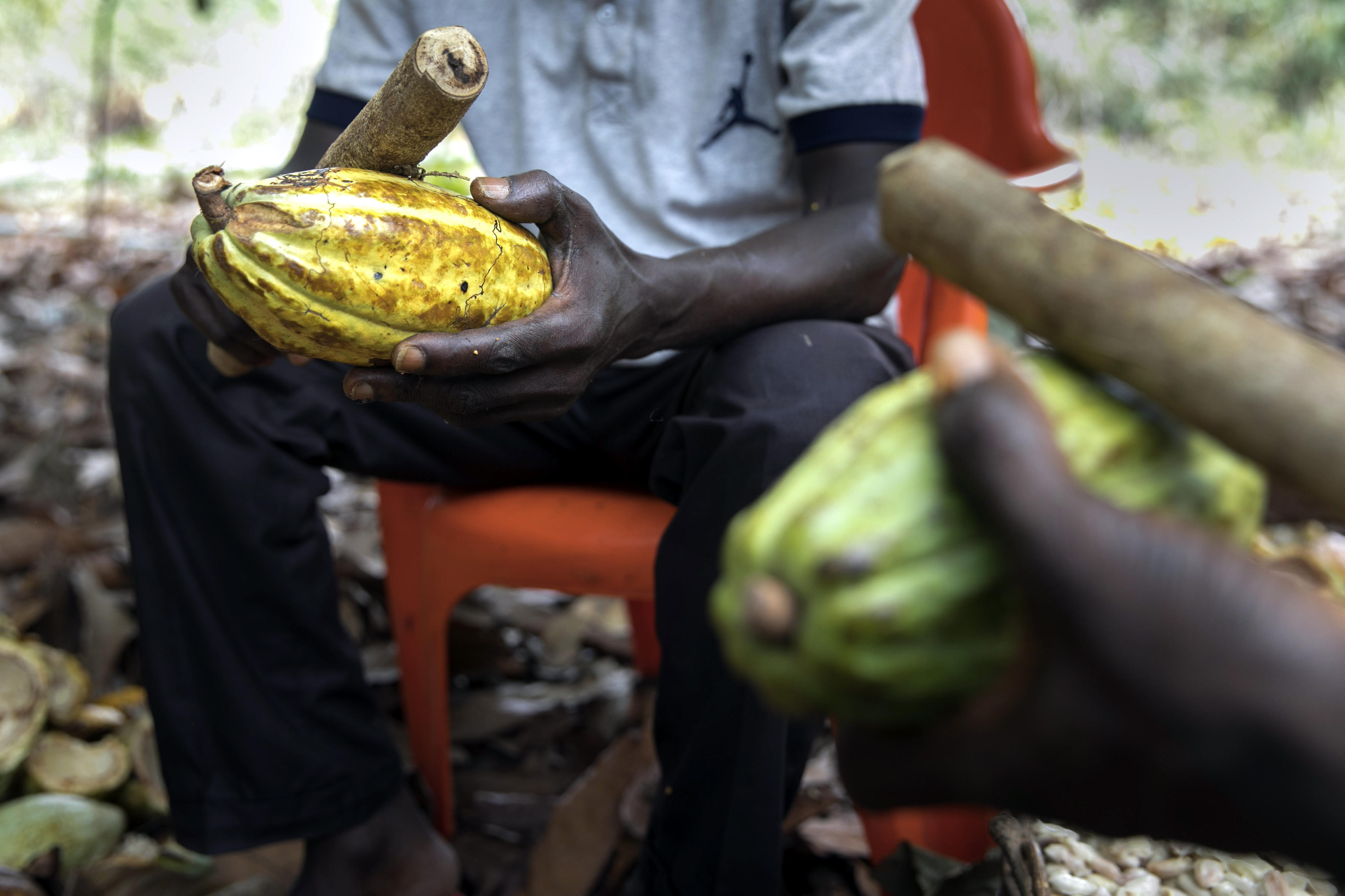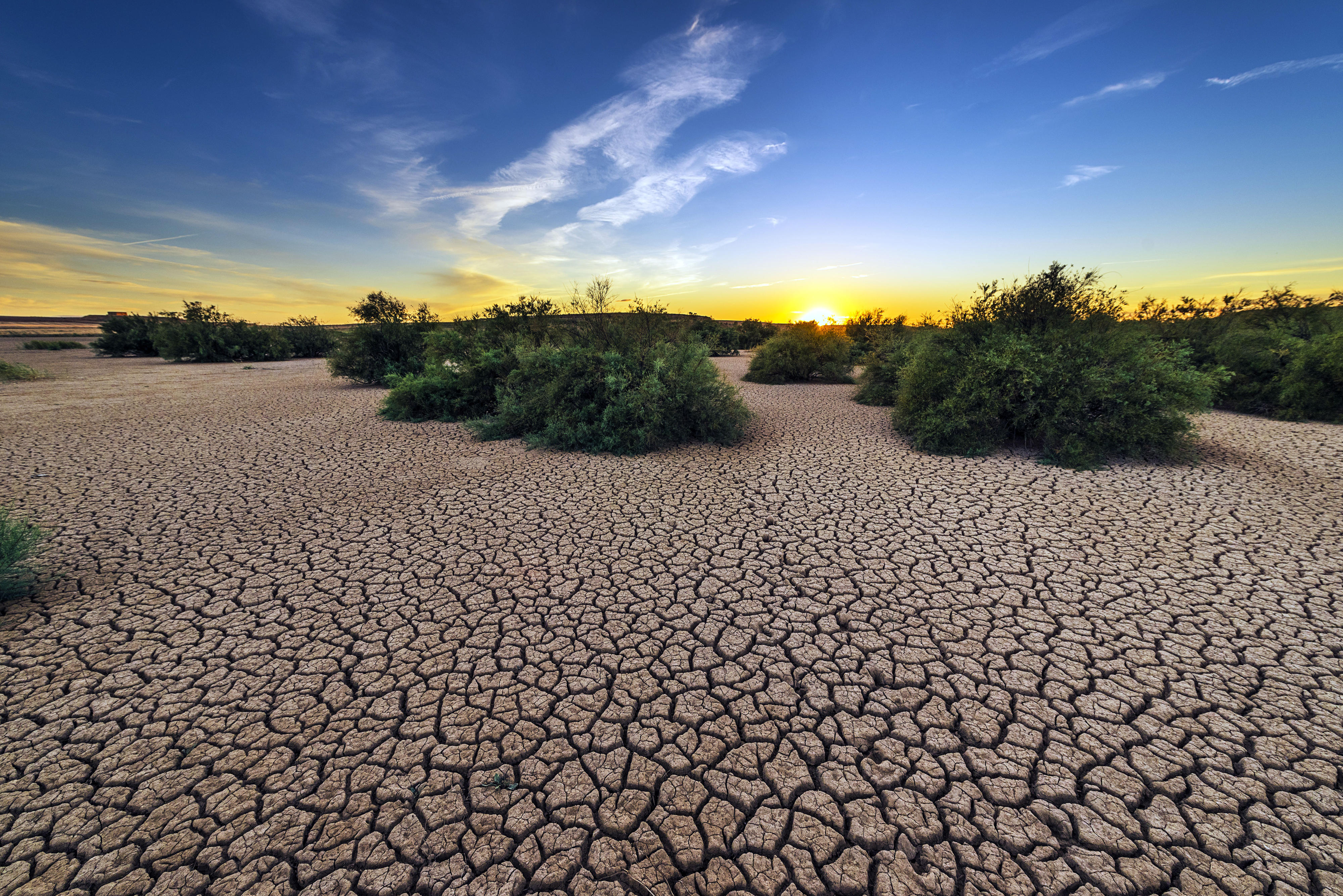Climate Germany and Côte d'Ivoire to enter into Climate and Development Partnership
Press release 22 September 2022 | In the future, Germany will provide increased support to Côte d'Ivoire through a new Climate and Development Partnership, assisting the country in protecting its biodiverse, ecologically valuable tropical forests. Five million hectares of forest are to be restored by 2030. Germany and Côte d'Ivoire are also planning to jointly advance the development of renewable energy generation as part of the Partnership. At the two countries' government negotiations, which ended yesterday, the BMZ – represented by State Secretary Jochen Flasbarth – committed 35 million euros for the implementation of the Climate and Development Partnership.
This amount is part of a total new commitment of 80 million euros for Ivorian-German development cooperation in the coming years. Côte d'Ivoire is the world's largest cocoa producer. Together with Germany, the country is working for cocoa supply chains that do not lead to deforestation.
State Secretary Jochen Flasbarth said, “The fact that Côte d'Ivoire experienced such tremendous forest loss in the past has much to do with our cocoa consumption in Europe and the resulting expansion of cocoa cultivation areas in Côte d'Ivoire. For the future, we jointly want to ensure that our cocoa consumption will no longer lead to deforestation. That is why we are working within the EU to end the sale of cocoa that has been cultivated at the expense of tropical forests. We are also working with smallholder farmers in Côte d'Ivoire to help them expand sustainable cultivation methods and sell certified deforestation-free products. The deforestation of the past will now be followed by a phase of forest landscape restoration.”
Advancing deforestation is a key challenge for nature conservation and climate action in Côte d'Ivoire. Since 1960, the share of land area covered by forest has fallen from 37 per cent to about 8 per cent. The main driver of deforestation is the expansion of agricultural land, especially for cocoa cultivation. Côte d'Ivoire is the world's largest cocoa producer. The German Development Ministry is already engaged in efforts to support sustainable, deforestation-free agricultural production methods. In the future, the two countries' governments will increase their joint efforts to restore forests and forest landscapes. This will contribute to the national target for Côte d'Ivoire under the African Forest Landscape Restoration Initiative (AFR100) of restoring 5 million hectares of forest land. Moreover, Côte d'Ivoire and the EU recently completed their negotiations on a Voluntary Partnership Agreement (VPA), which will now be implemented, strengthening forest governance. This, too, will help to reduce illegal deforestation. Germany has been providing strong support to both the AFR100 effort and the VPA.
The BMZ supports the development of deforestation-free supply chains in various ways, assisting partner governments in the development of systems for deforestation-free land use planning, for sustainable forest management and for traceability, so as to track deforestation in supply chains. Furthermore, training is provided to smallholders on how to generate a living income without deforestation and how to demonstrate that the cocoa they sell has really not contributed to deforestation. The BMZ also helps to integrate cocoa producers in the international supply chains of businesses that market deforestation-free products.
Another area in which Germany provides support to Côte d'Ivoire is energy transition. At the beginning of 2023, Côte d'Ivoire will put its first grid-based solar power station into operation, which was built with funding from Germany. It will provide clean energy for about 35,000 rural households. Annual carbon savings from this power plant project will be at least 35,000 tonnes. Flasbarth congratulated the Ivorian government on its revised Nationally Determined Contribution, which it presented this year. “The country's plans to generate 45 per cent of its power from renewable sources by 2030 and its decision to give up the plans for building its first coal-fired power station show that it is taking climate action seriously. It is important to design energy transitions in such a way that they are just and that affordable, reliable and sustainable energy is available for all,” he said.
Economic development in line with local needs is another focus of Ivorian-German cooperation. In the future, Germany will provide advice to the Ivorian government on vocational training reform, and it will support its efforts to foster the development of small and medium-sized enterprises. In line with the feminist development policy which the BMZ has adopted, there will be a special focus on women and girls.

